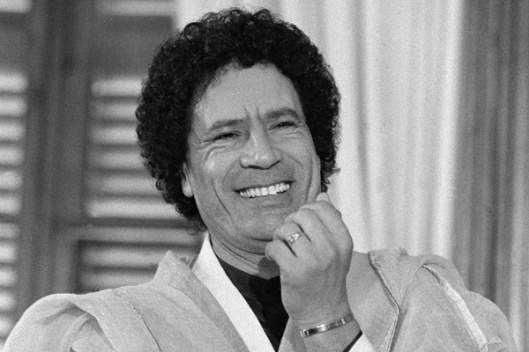Feb 05
20145
Human Rights Watch, Humanitarian Agencies, Imperialist Wars/Occupations, Non-Profit Industrial Complex, The International Campaign to Destabilize Bolivia, The International Campaign to Destabilize Syria, The International Campaign to Destabilize Venezuela
Bolivia Coloured Revolutions Cuba Destabilizations Egypt Eritrea Imperialism Seychelles Syria Thailand Ukraine ZIMBABWE
How the West Manufactures “Opposition Movements”
WKOG admin.: Feb 6, 2014. Due to conflicting assessments of the complicated political situation in Thailand, we would like to share with our readers alternative analysis that differ, or are in stark contrast from, the authors assessment in the article below.We welcome your comments.
Dec 3, 2013: THE ROVING EYE, Thai protests turn a darker color, by Pepe Escobar
Feb 5, 2014: Thailand: The People Have Spoken – No Confidence in Regime or System, by Tony Cartelli
From Egypt, Ukraine, the Turkish-Syrian border, Cuba and Thailand
FEBRUARY 03, 2014
by ANDRE VLTCHEK
Government buildings are being trashed, ransacked. It is happening in Kiev and Bangkok, and in both cities, the governments appear to be toothless, too scared to intervene.
What is going on? Are popularly elected administrations all over the world becoming irrelevant; as the Western regime creates and then supports thuggish ‘opposition movements’ designed to destabilize any state that stands in the way of its desire to fully control the planet? →









